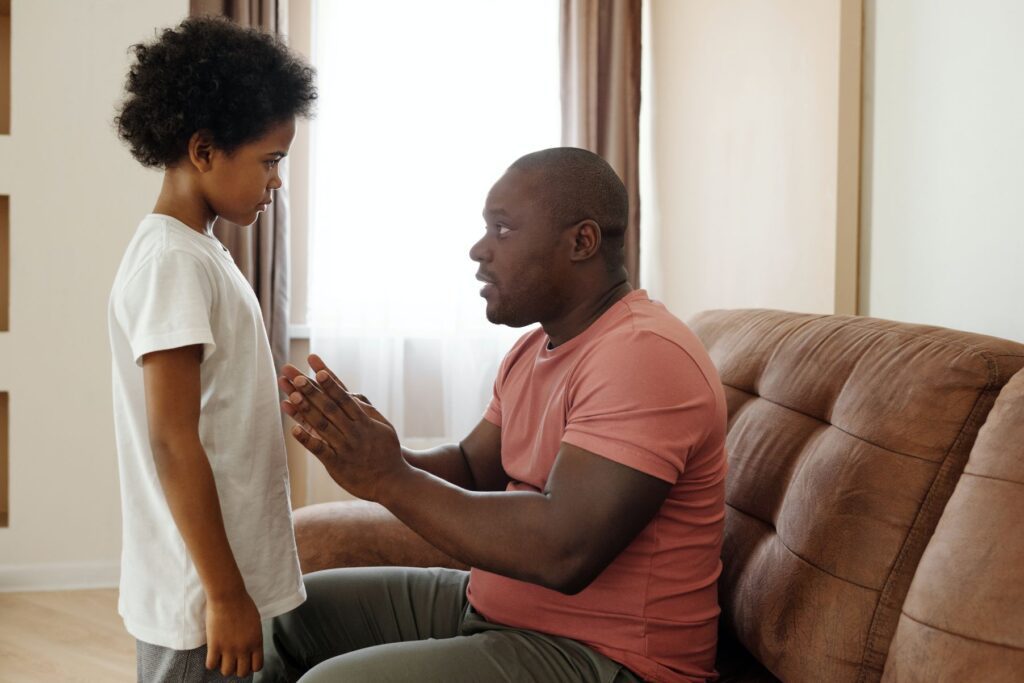Look, as someone who’s written about families for the better part of a decade, I know nothing hits harder than when addiction messes with your family. If you’re figuring out how visitation works with a parent battling alcoholism, this is for you. This guide isn’t just about knowing the law – it’s about finding the strength (and sometimes the tough love) to do what’s right for your child.
Table of Contents
Understanding the Struggle – It’s Not Just About the Drinking
Alcoholism (or Alcohol Use Disorder, if we want the fancy medical term) is a disease. That means your ex, your parent, or whoever it is…they’re not choosing to be this way. But here’s the thing, and a lot of those big studies won’t tell you this: even when someone wants to quit, it’s a beast. And their struggle has effects that go way beyond the bottle.
- Kids Get Hurt: It’s not just about the times they see a parent drunk. It’s about instability, broken promises, the feeling that they can’t rely on someone they need. Plain and simple, it hurts even when it’s not intentional.

The Law – It’s Messy, But It’s There for a Reason
The courts, in theory, always care most about what’s safe and stable for your kid. Thing is, “safe” and “fair” don’t always go hand-in-hand. Every state, heck, every case is different. That’s why you need a lawyer who understands not just family law, but how addiction plays into it.
- Expect Some Hard Truths: Courts might insist on supervised visits, breathalyzer tests, whatever it takes to know your kid won’t be in harm’s way. That stings, even when it’s the right call.
Your Child’s Well-Being Comes First (And That’s HARD)
Emotional Fallout
Let’s be real… kids growing up with an alcoholic parent often end up carrying a heavy emotional load. That might mean getting help just for them – finding a therapist who ‘gets’ this kind of unique situation can be a game-changer. Check out amyandrose.com for leads – we’ve all needed support at some point, and your child deserves the best.
Safety Isn’t Negotiable
It’s your job to shield your kid from whatever you can. That doesn’t mean your ex (or whoever it is) gets shut out forever, but it DOES mean you get to say:
- Sober or No Visit: If the parent won’t agree to being sober for visits, that’s your call, and the court will likely back you up.
- Someone Else is There: Whether it’s a family member or a paid supervisor, you don’t have to do this face-to-face.
- We Hit Pause: Sometimes, tough as it is, you and your lawyer might need to get visits temporarily stopped altogether.
Finding the Support YOU Need
This Isn’t On You: Nobody chooses this situation. Seek out therapy just for you, to work through your own feelings without the pressure of making it kid-friendly.
Lean on Your People: Sometimes it’s venting to a friend, sometimes it’s having someone on standby in case a visit goes wrong. There are also groups like Al-Anon – they get EXACTLY what you’re going through. Read When to Seek Outside Help with Parenting Challenges.
Honest Talks, Age by Age
There’s no ONE conversation that will fix things. With little kids, you keep it simple: “Mommy/Daddy has a sickness.” With older ones, you might need to get blunt: “I can’t trust them to be sober right now.” Honesty helps them feel less alone, even if it’s hard to hear. (amyandrose.com has some ideas to get you started, no sugarcoating.)
Don’t Give Up on Boundaries, Even When it’s Awkward
Compassion is one thing. Getting walked all over is another. This is where it gets hard, but you gotta say “no” sometimes. You might even lose some friendships as people take sides – it happens. Focus on what your child needs, not keeping everyone else happy.
Hope is Real, Even If the Road is Bumpy
It’s okay to have hope that your loved one will get better. It’s also okay to let yourself be angry, scared, or whatever else. This journey is long – we at amyandrose.com want to walk it with you, step by step. Recovery happens. Your child growing up strong and resilient happens. Let’s focus on that together.













